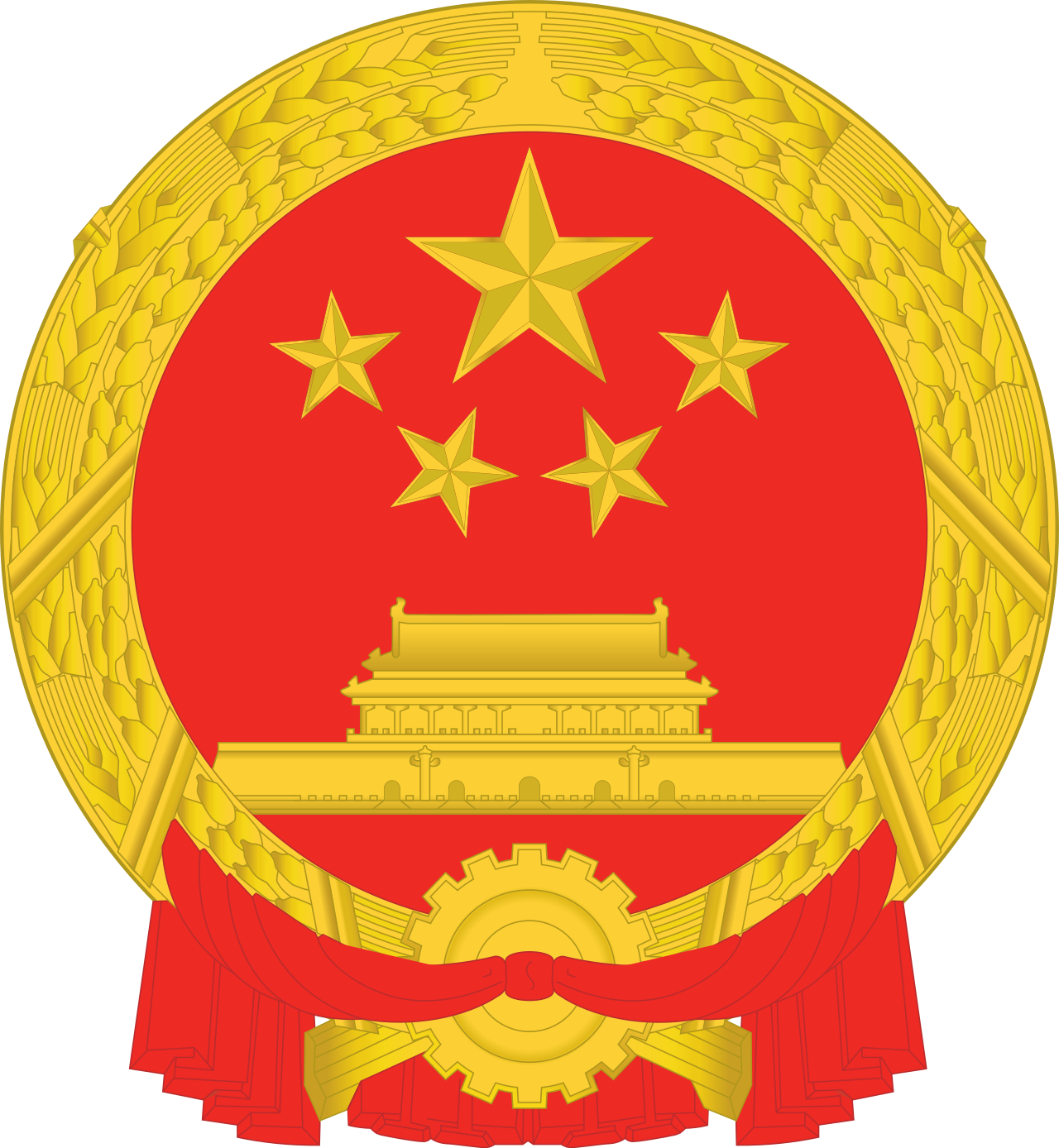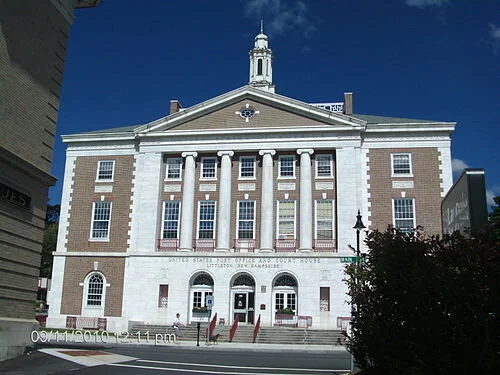
Jim Hightower: So wall off the Canadian border, too!?
A plaque attached to a bridge on the Maine /New Brunswick border crossing.
— Photo by Marty Aligata
The Haskell Free Library and Opera House straddles the border in Derby Line, Vt., and Stanstead, Quebec. The line on the floor shows the boundary line.
Looking at Campobello Island, in New Brunswick, Canada. Its only land access to the mainland is to Maine.
Park in Pittsburg, N.H., which is on the Canadian border. See New York Times story linked below.
— Photo by Jon Platek
Text from OtherWords.org
In the 1980s, many Texans were alarmed that hordes of immigrants were fleeing Rust Belt states and pouring across the Red River to take our jobs. So my friend and fellow Texan Steve Fromholz recommended a big beautiful wall across our northern border to keep them out.
Fromholz, a popular singer-songwriter and renowned political sprite, was ahead of his time in the political sport of wall building.
Instead of steel barriers and miles of nasty razor wire, Steve proposed preventing Yankee refugees from entering the Lone Star State by planting a 10-foot high, 10-foot thick wall of jalapeño peppers along the length of the Red River. Eat your way through and you’d be accepted as a naturalized Texan.
I thought of Steve’s impishness when I read that Nikki Haley, Ron DeSantis, and other Republicans were concocting a whole new xenophobic bugaboo to goose up their anti-immigrant demagoguery.
We can’t just fear the “invasion” coming across our Southern border, they cry! Indeed, Haley wailed: “It’s the northern border, too.” She added ominously that we must “do whatever it takes to keep people out.” DeSantis piled on, saying we should wall off America’s Canadian border.
Meanwhile, nearly all residents living along that 5,500-mile boundary fear the political wall-mongers more than the imaginary threat of foreigners surging across illegally. “People have always been coming through Canada,” says a clerk at a general store in far-north New Hampshire. Scoffing at the silly political hype, she says: “I don’t think the residents are really worried.”
But Chicken Little politicos won’t be shooed off by reality. After all, they still have the east, west and Gulf coasts to shut off — so expect them to propose razor wire for the entire U.S. shoreline. Their ridiculousness makes Fromholz’s satire seem rational!
OtherWords columnist Jim Hightower is a radio commentator, writer and public speaker.
David Warsh: Prepare for multigenerational contest between China and the West
China’s national emblem
SOMERVILLE, Mass.
China is building missile silos in the Gobi Desert. The U.S. has agreed to provide nuclear-submarine technology to Australia, enraging the French, who are building a dozen diesel subs that they had expected to sell to the Aussies. Xi Jinping last week rejected Joe Biden’s suggestion that the two arrange a face-to-face meeting to discuss their differences. Clearly, the U.S. “pivot” to the Pacific is well underway. Taiwan is the new hotspot, not to mention the Philippines and Japan.
The competition between China and the West is a contest, not a cold war. Financial Times columnist Philip Stephens was the first in the circle of those whom I read to make this point. “The Soviet Union presented at once a systemic and an existential threat to the West,” he wrote. “China undoubtedly wants to establish itself as the world’s pre-eminent power, but it is not trying to convert democracies to communism….” The U.S. is not trying to “contain” China so much as to constrain its actions. He continued,
Beijing and Moscow want a return to a nineteenth century global order where great powers rule over their own distinct spheres of influence. If the habits and the institutions created since 1945 mean anything, it has been the replacement of that arrangement with the international rule of law.
I’m not quite sure what Stephens means by “the international rule of law.” The constantly changing Western traditions of freedom of action and thought? Is it true, as George Kennan told Congress in 1972, that the Chinese language contains no word for freedom? Is it possible that Chinese painters produced no nudes before the 20th Century?
The co-evolution of cultures between China and the West has been underway for 4,000 years, proceeding at a lethargic pace for most of that time. While the process has recently assumed a breakneck pace, it can be expected to continue for many, many generations before the first hints of consensus develop about a direction of change.
A hundred years? Three hundred? Who knows? Already there is conflict. There may eventually be blood, at least in some corners of the Earth. But the world has changed so much since 1945 that “cold war” is no longer a useful apposition. The existential threat today is climate change.
China’s cultural heritage is not going to fade away, as did Marxist-Leninism. The script of that drama, written in Europe in the 19th Century, has lost much of its punch. Vladimir Putin has embraced the Russian Orthodox Church as a source of moral authority. Xi Jinping has evoked the egalitarian idealism of Mao Zedong in cracking down on China’s high-tech groups and rock stars, and strictly limiting the time its children are allowed to play video games.
But what is the Western tradition of “rule of law” that presumes to become truly international, eventually? Expect an answer some other day. Meanwhile, I’m cooking pancakes for my Somerville grandchildren.
David Warsh, a veteran columnist and an economic historian, is proprietor of Somerville-based economicprincipals.com, where this essay first appeared.
Chris Powell: Postal Service realities; bring back postal banking?
The Littleton (N.H.) Main Post office, opened in 1933. It’s surprisingly grand for a town with only about 6,000 residents. It’s on the National Registry of Historic Places.
MANCHESTER, Conn.
Maybe someday when the United States has a president who is not crazy or senile, a Senate majority leader who isn't his tool, and a House speaker who doesn't think that those who disagree with her are enemies of the state, the country can have a serious discussion about fixing the U.S. Postal Service.
President Trump recently suggested that he wanted to cut off money for the Postal Service to hamper the voting by mail desired by Democratic leaders. The postmaster general, a big donor to the president's campaign who is invested in companies that compete with the USPS, had ordered economy measures that raised suspicion about his motives. But he has postponed those measures until after the election.
Since throwing fantastic amounts of money at everything has become national policy, the other day the Democratic majority in the House passed an emergency appropriation of $25 billion for the Postal Service with barely a thought about the service's inefficiencies and potential.
Just as the president seems to want to weaken the USPS for partisan reasons, the Democrats seem to want to keep it operating just as it is because it employs about 600,000 people, most of them belonging to a union that supports Democrats. In the Democratic view, delivering the mail efficiently seems to be secondary.
The Postal Service long has been losing big money. It has not come close to covering its costs for the last 13 years, during which its losses have totaled $78 billion. Its unfunded pension and retirement medical insurance liabilities are worse.
In 1971 the USPS was taken out of the regular government and made a supposedly independent agency in the hope that regular business practices would be applied and improve efficiency. But this didn't accomplish much. Mainly postage prices rose as government's direct subsidies were withdrawn, and the Postal Service's financial position worsened.
{Editor’s note. Much of the Postal Service’s financial woes stem from a 2006 law passed by the Republican-run Congress in a lame-duck session that mandated that the USPS pre-fund its employee-pension and retirement costs, including health care, not just for one year but for the next 75 years—a crippling requirement not imposed any other enterprise. The year that mandate passed, the Postal Service had a $900 million profit.}
Customer services have been expanded but mail volume has fallen sharply, first because of the Internet and lately because of the virus epidemic, so the Postal Service doesn't make full use of its vast infrastructure.
Its defenders, mainly Democrats, note that the USPS was never supposed to earn a profit but to knit the country together. It has done that well. But some of its defenders imply that because it wasn't meant to make money, it's all right for it to lose any amount of money -- that its primary purpose now is not delivering the mail but employment and that postal employment is the best use of the money being spent to cover losses.
Republicans are suspected of wanting to privatize the Postal Service or cripple it by repealing its monopoly on delivery of first-class mail. Certainly private companies might do better with such mail in some respects, but the law requires the USPS to serve all people in the country at the same rates -- to make not just the less expensive deliveries of densely populated areas but the more expensive deliveries in the remote countryside. The Postal Service is a great gift to rural areas, the country's breadbasket.
Urban areas also might find the USPS more of a gift if postal banking was restored. From 1911 to 1967 the Postal Service office offered modest savings accounts. While their appeal diminished with federal bank deposit insurance, which came because of the Great Depression, the Postal Service still sells money orders and might offer not just savings accounts again but also basic banking services to poor people whose patronage commercial banks find unprofitable and who use expensive payday lenders and check-cashing services.
Of course, the Postal Service probably would not break even in the banking business either, but helping the poor save and learn banking would elevate them and give commercial banks some much-needed competition.
In any case the USPS has a big underused infrastructure even as it still knits the country together. But like nearly everything else in government, its employment costs are excessive. If actual governing ever resumes in Washington, improving the Postal Service while making it break even should be high on the agenda.
Chris Powell is a columnist for the Journal Inquirer, in Manchester, Conn.








